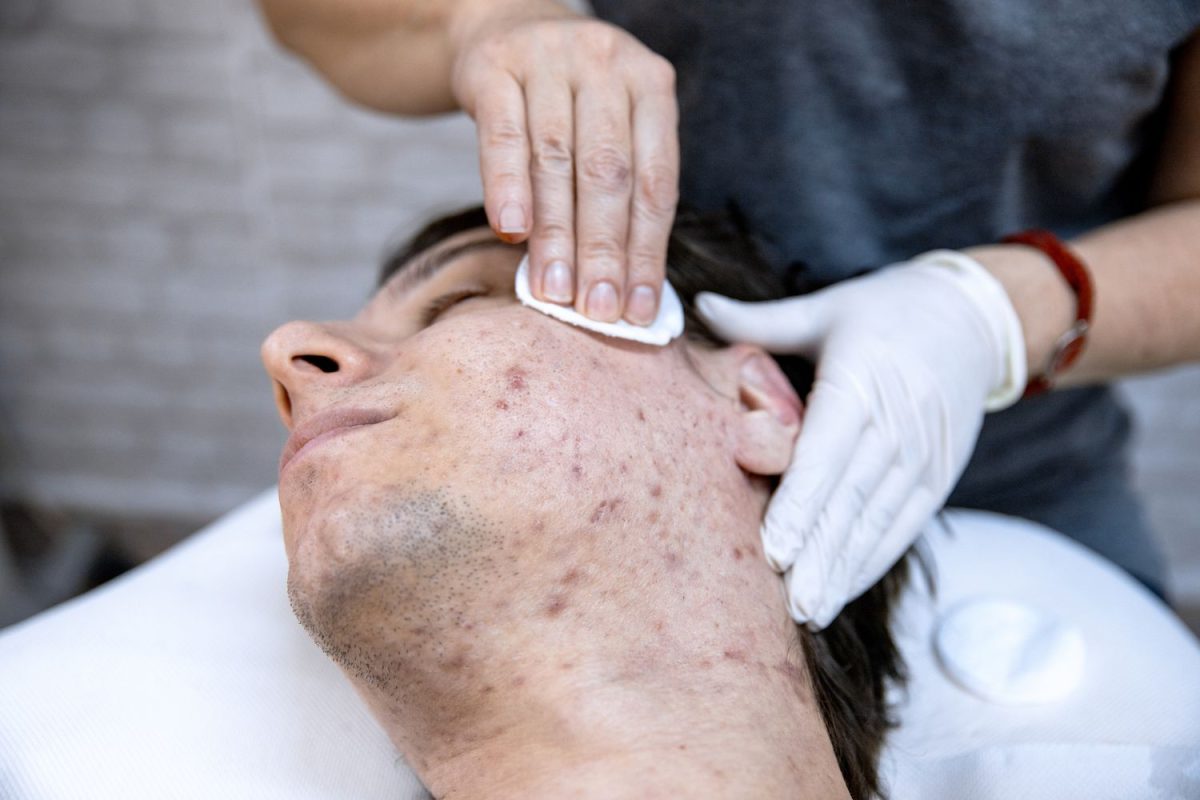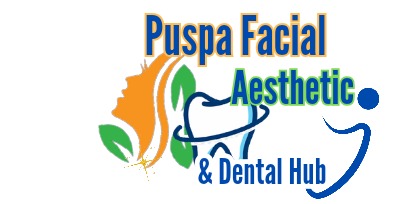
Acne Treatment
Acne is a common skin condition that affects people of all ages. While it can be frustrating, there are effective
treatments available.
Understanding Acne
Acne occurs when hair follicles become clogged with oil and dead skin cells. This creates a perfect
environment for bacteria to thrive, leading to inflammation and pimples.
Treatment Options
The best treatment for acne depends on its severity and type. Here are some common approaches:
Over-the-Counter Treatments
• Benzoyl peroxide: Kills acne-causing bacteria and helps unclog pores.
• Salicylic acid: Exfoliates the skin and helps unclog pores.
• Gentle cleansers: Remove oil and dirt without irritating the skin.
Prescription Medications
• Topical retinoids: Promote skin cell turnover and unclog pores.
• Topical antibiotics: Kill acne-causing bacteria.
• Oral antibiotics: Used for moderate to severe acne.
• Hormonal contraceptives: Can be effective for women with acne related to hormone fluctuations.
• Isotretinoin (Accutane): A strong medication for severe acne, but it has potential side effects.
Professional Treatments
• Chemical peels: Exfoliate the skin and improve skin texture.
• Microdermabrasion: Removes the outer layer of dead skin cells.
• Extractions: Removes blackheads and whiteheads.
• Laser therapy: Reduces oil production and inflammation.
Lifestyle Factors
• Gentle skin care: Avoid harsh scrubs and excessive washing.
• Healthy diet: While the link between diet and acne is not definitive, some studies suggest that a balanced
diet can help.
• Stress management: Stress can worsen acne.
• Avoid touching your face: This can spread bacteria
